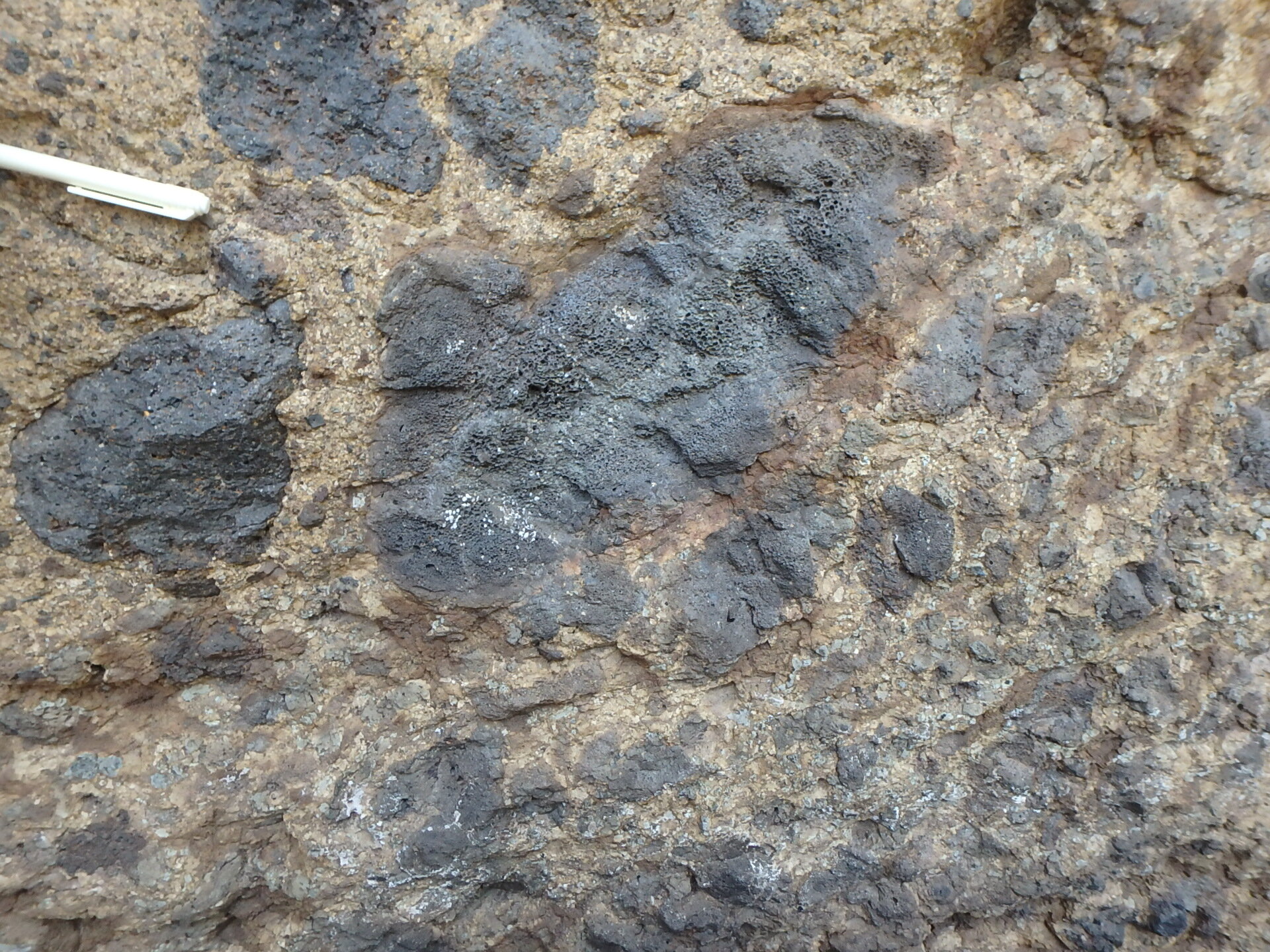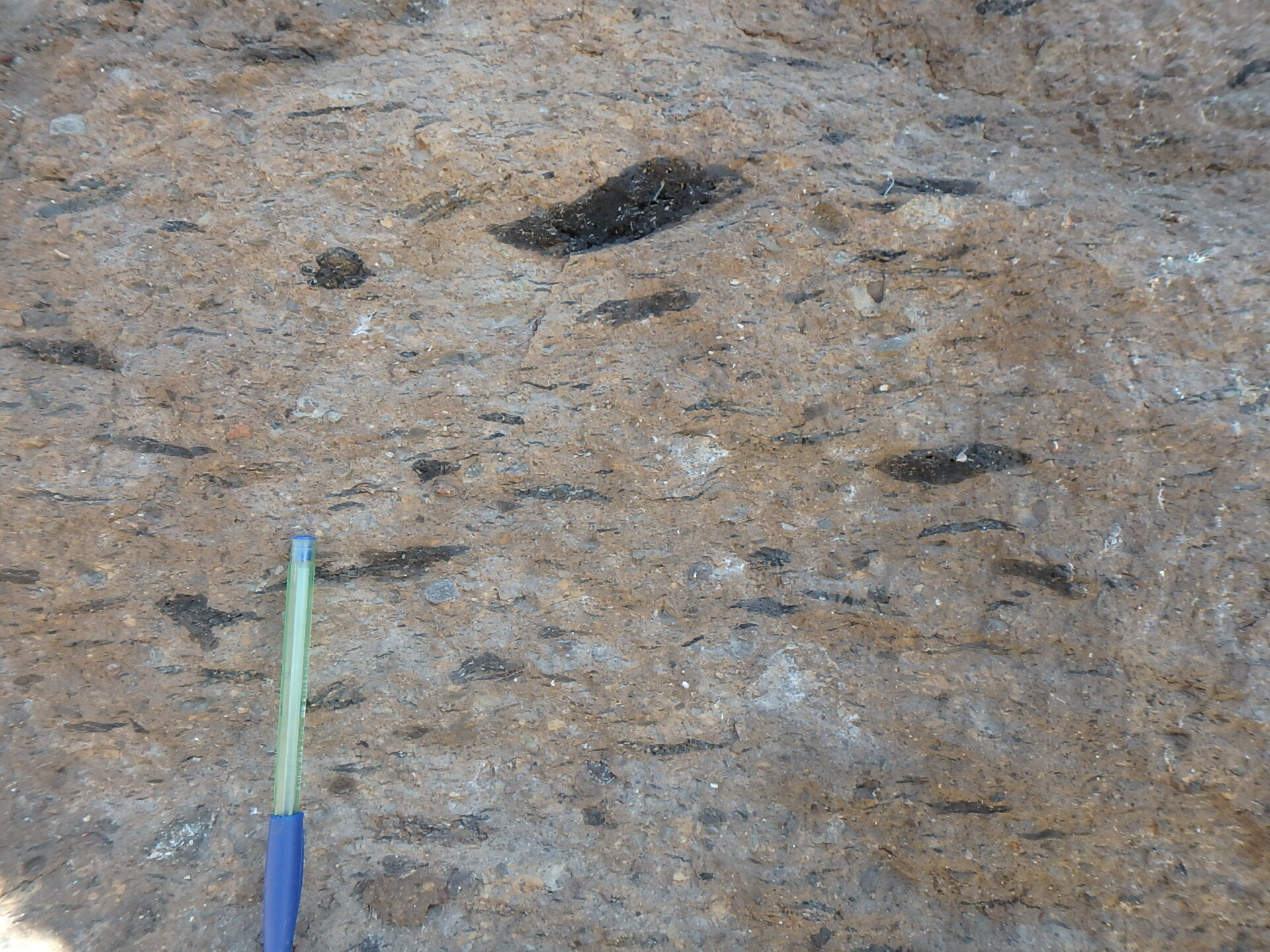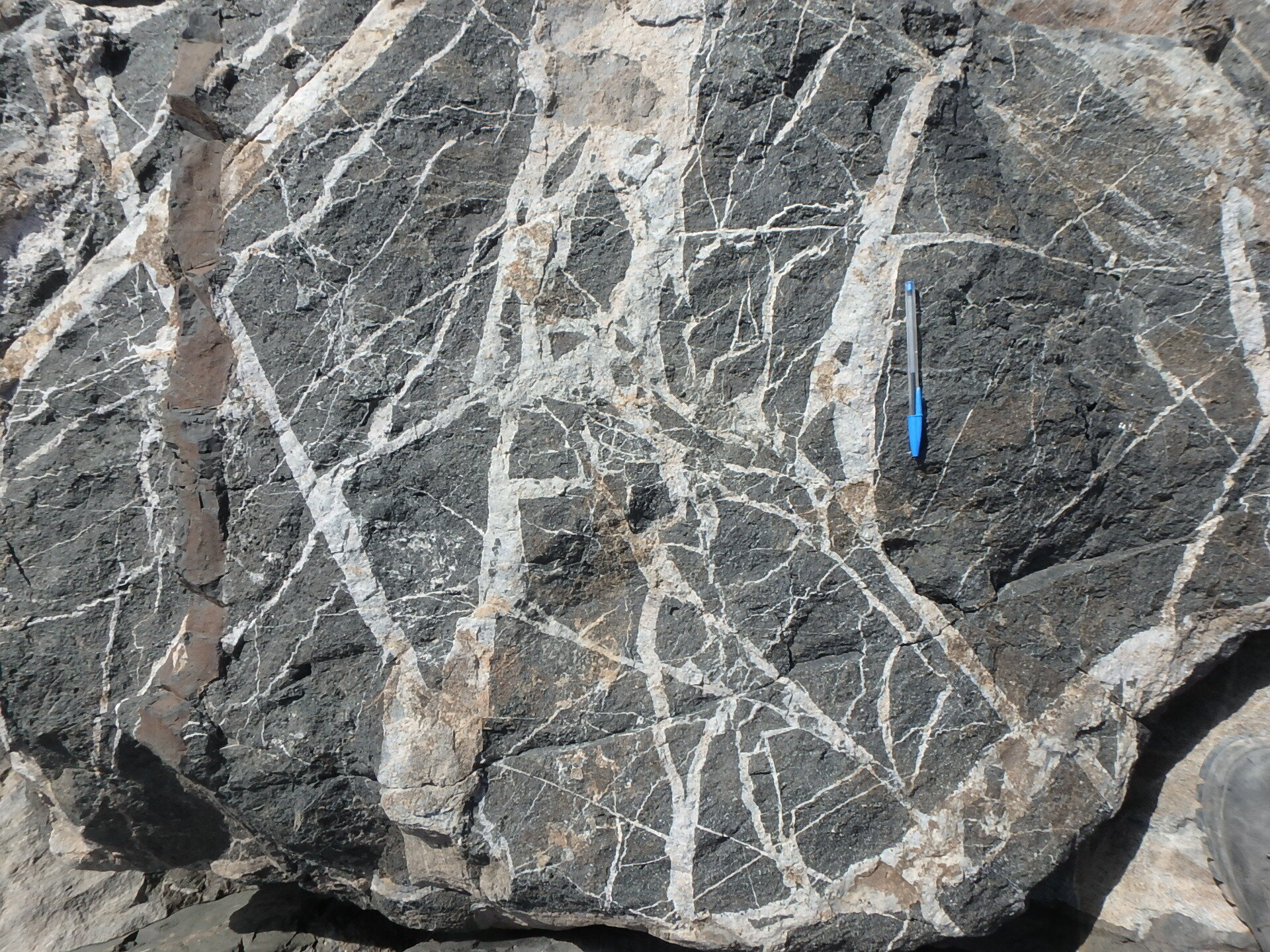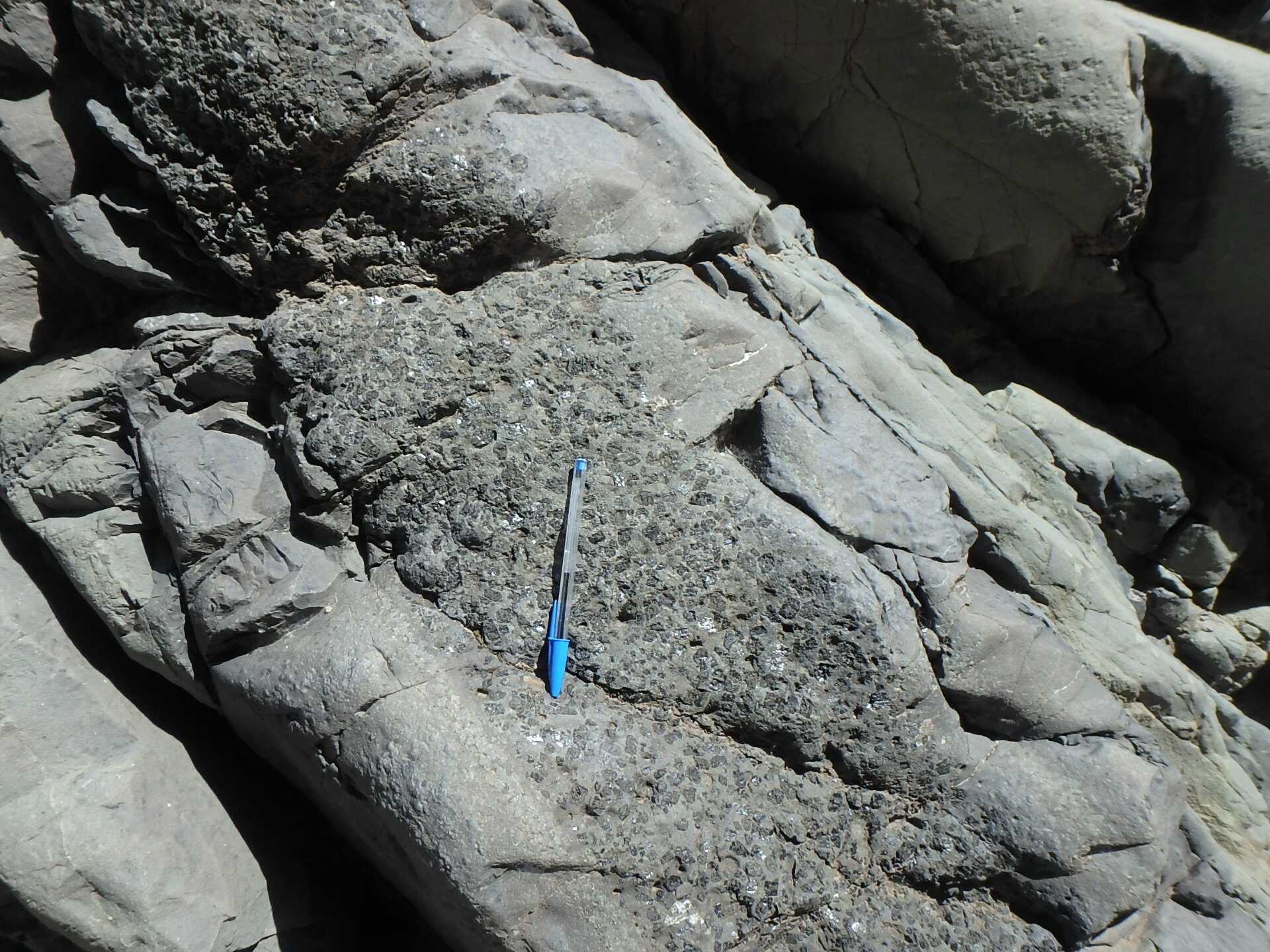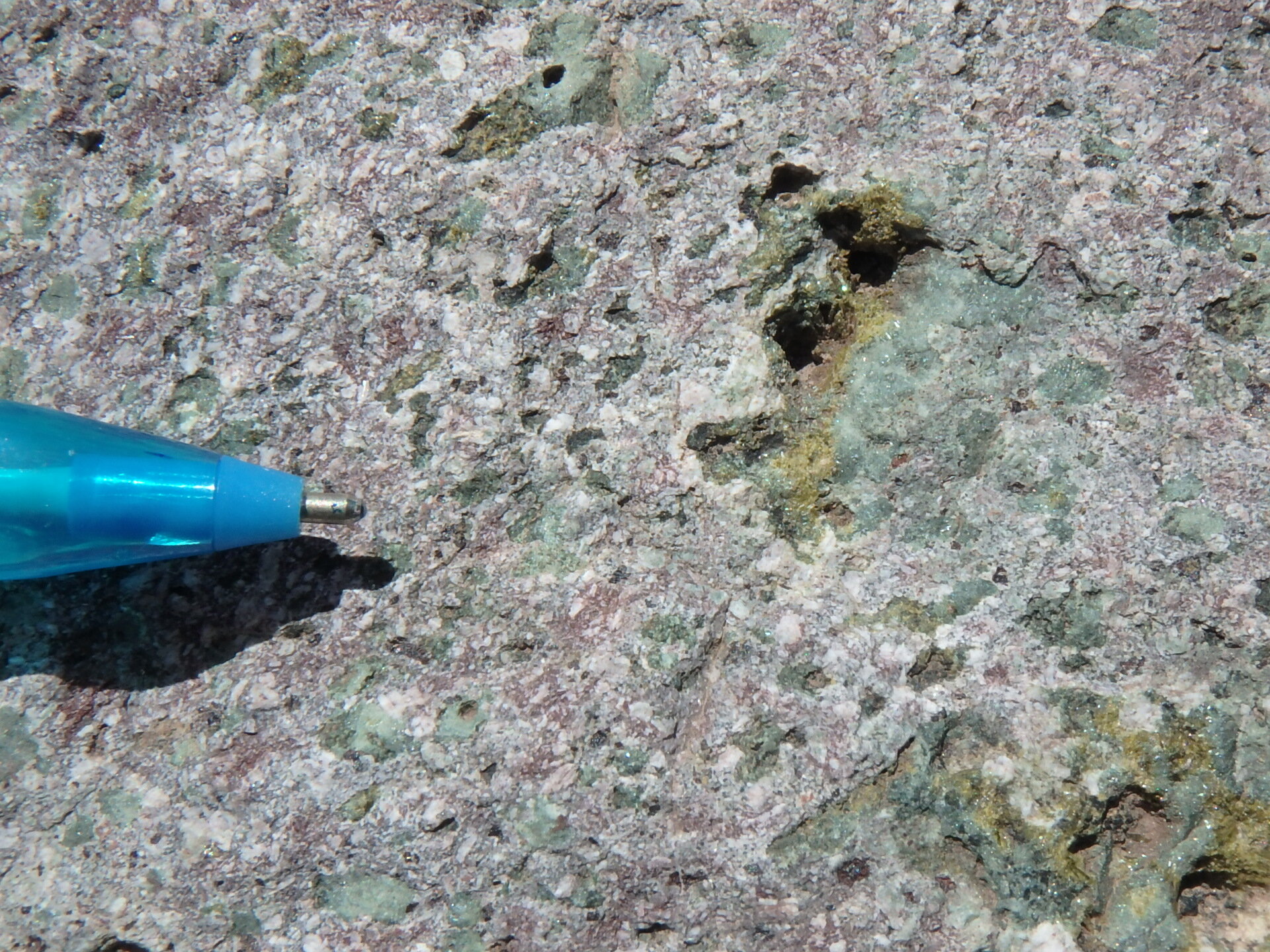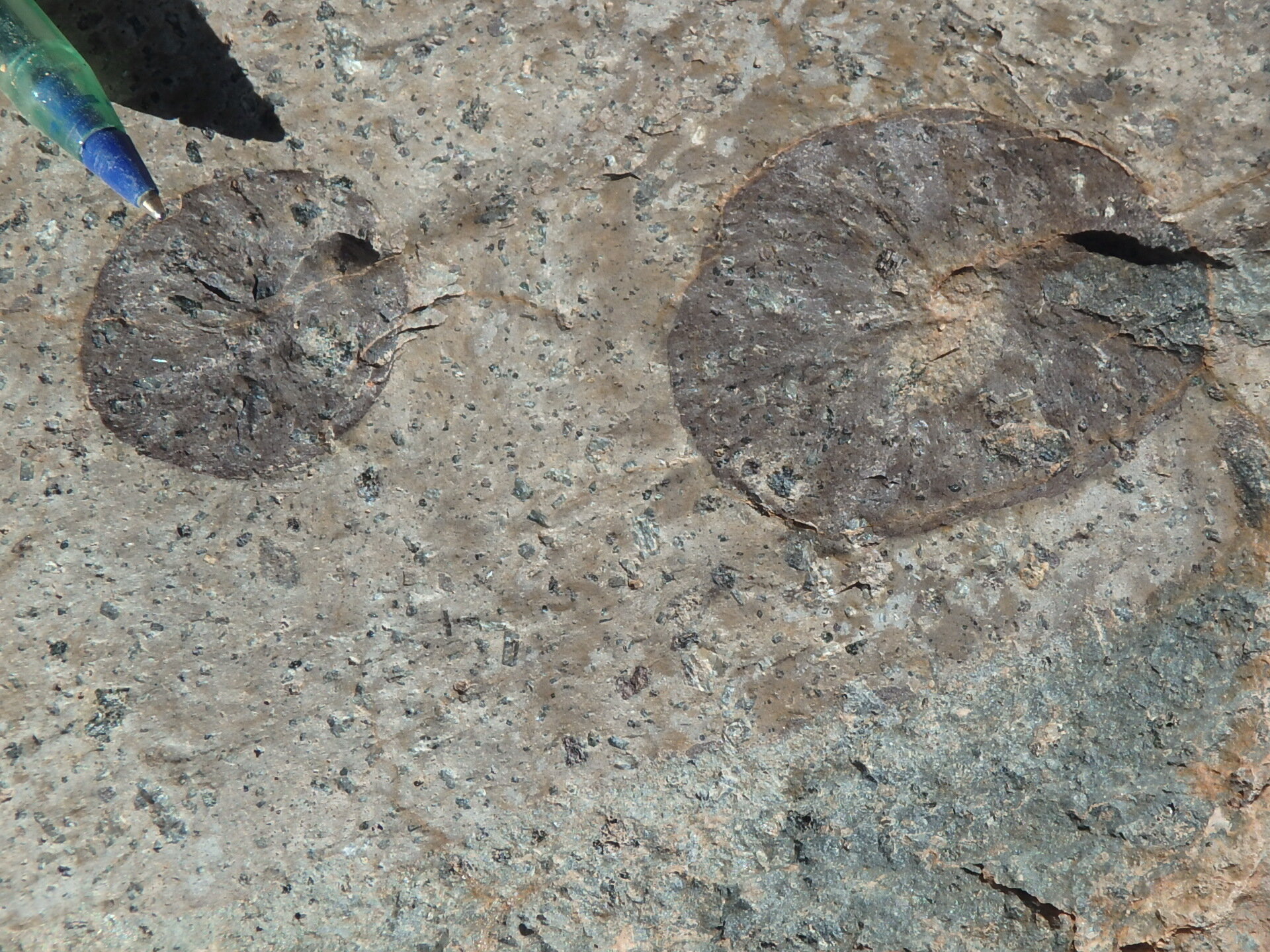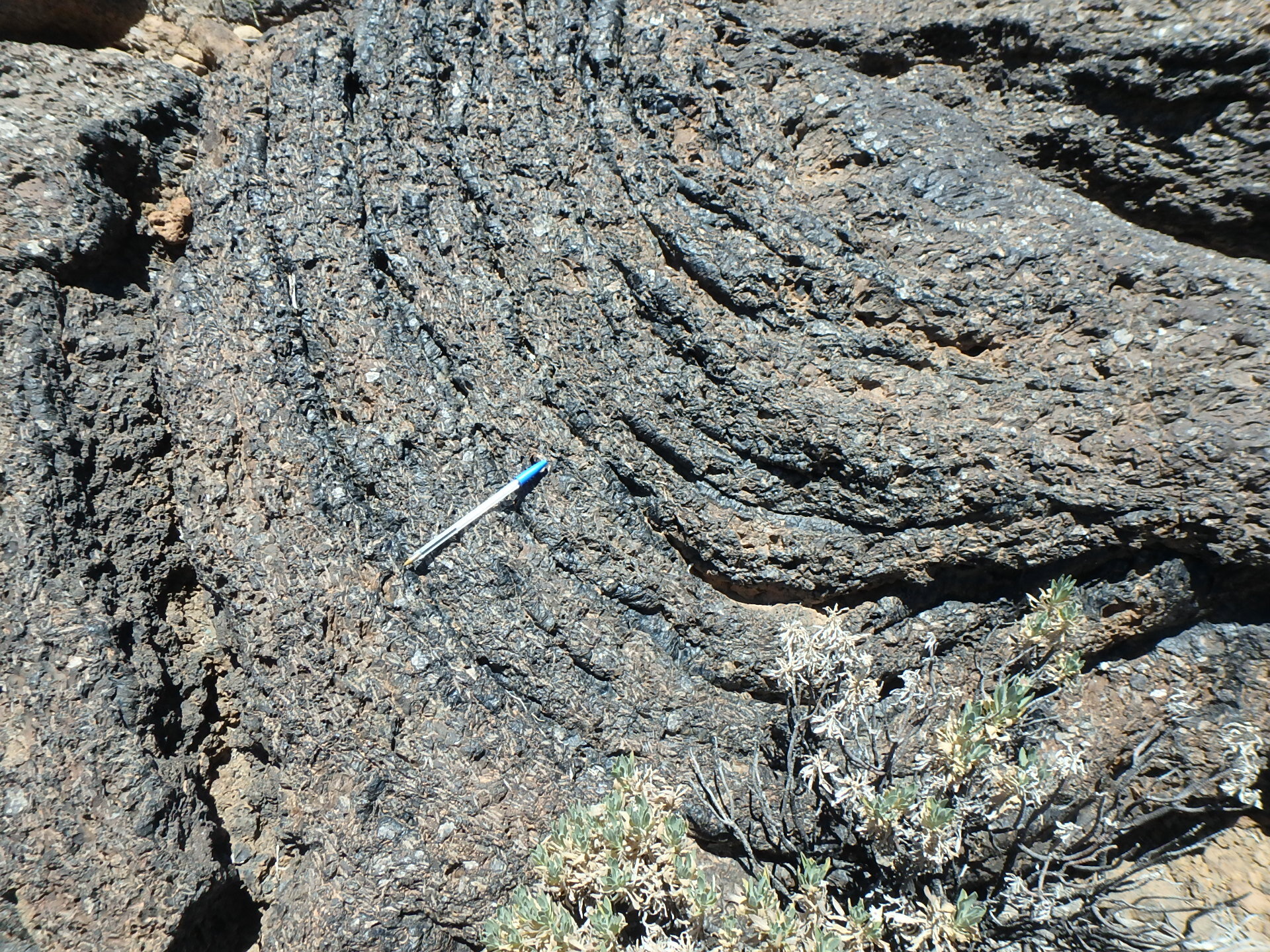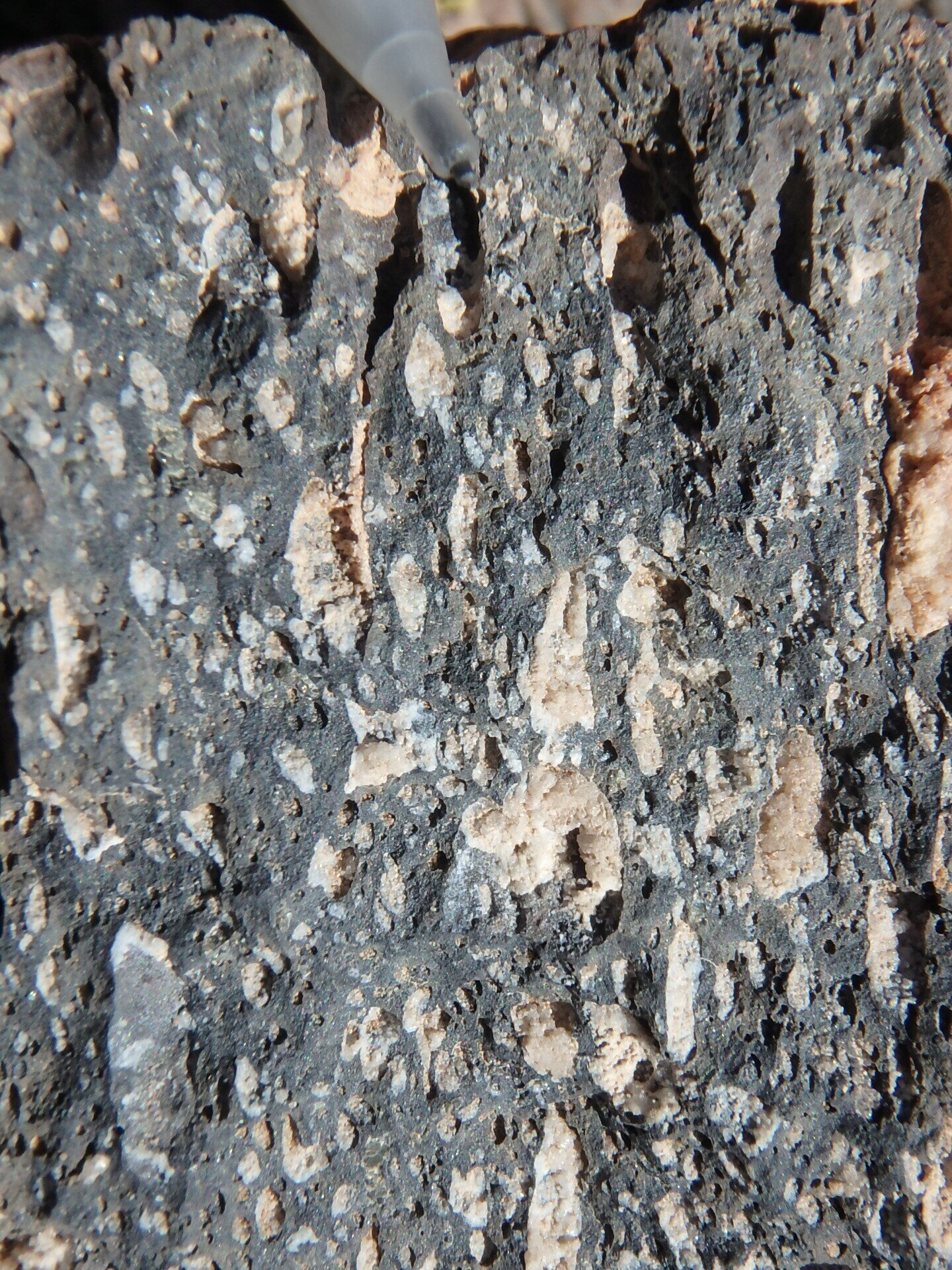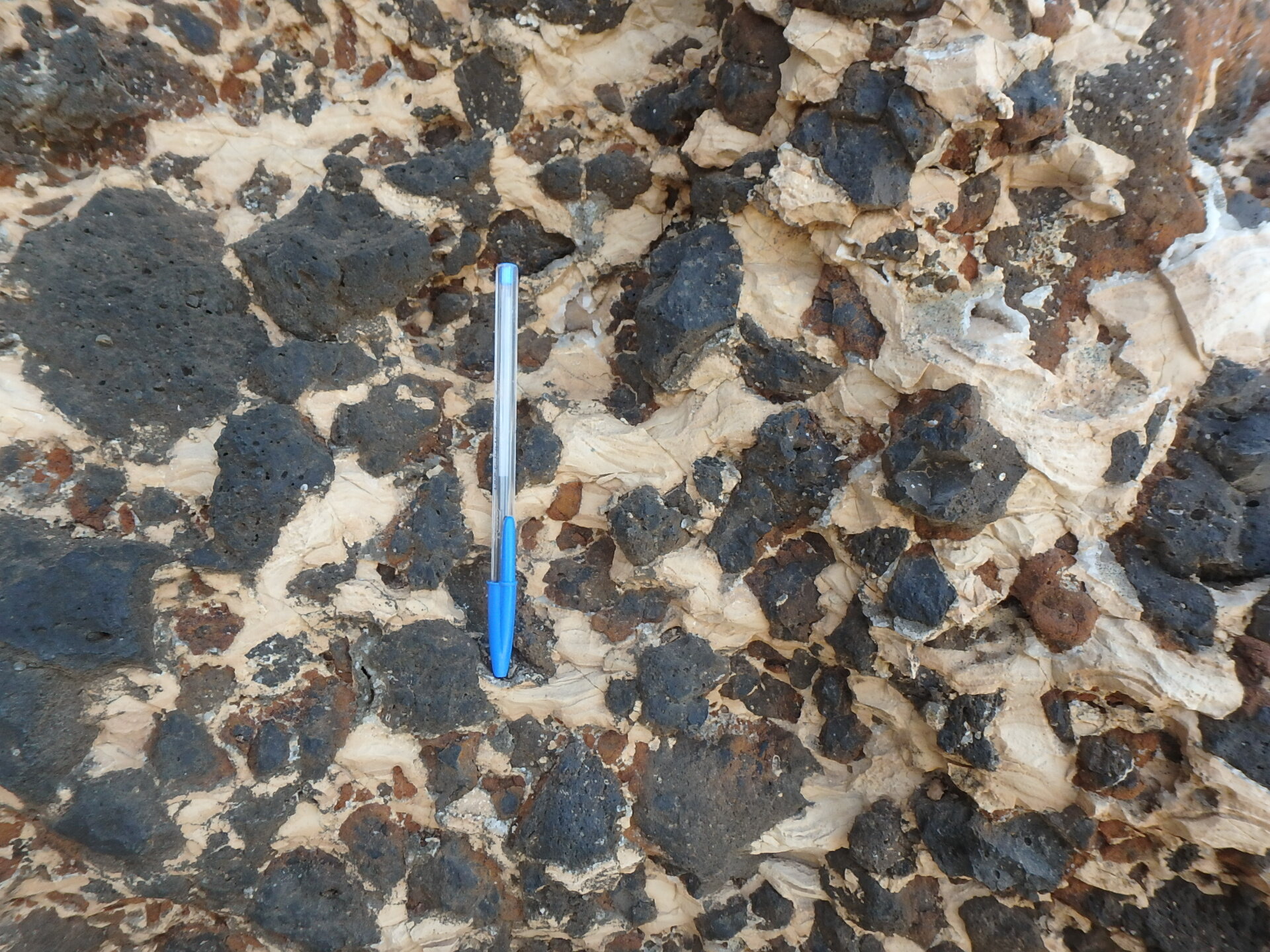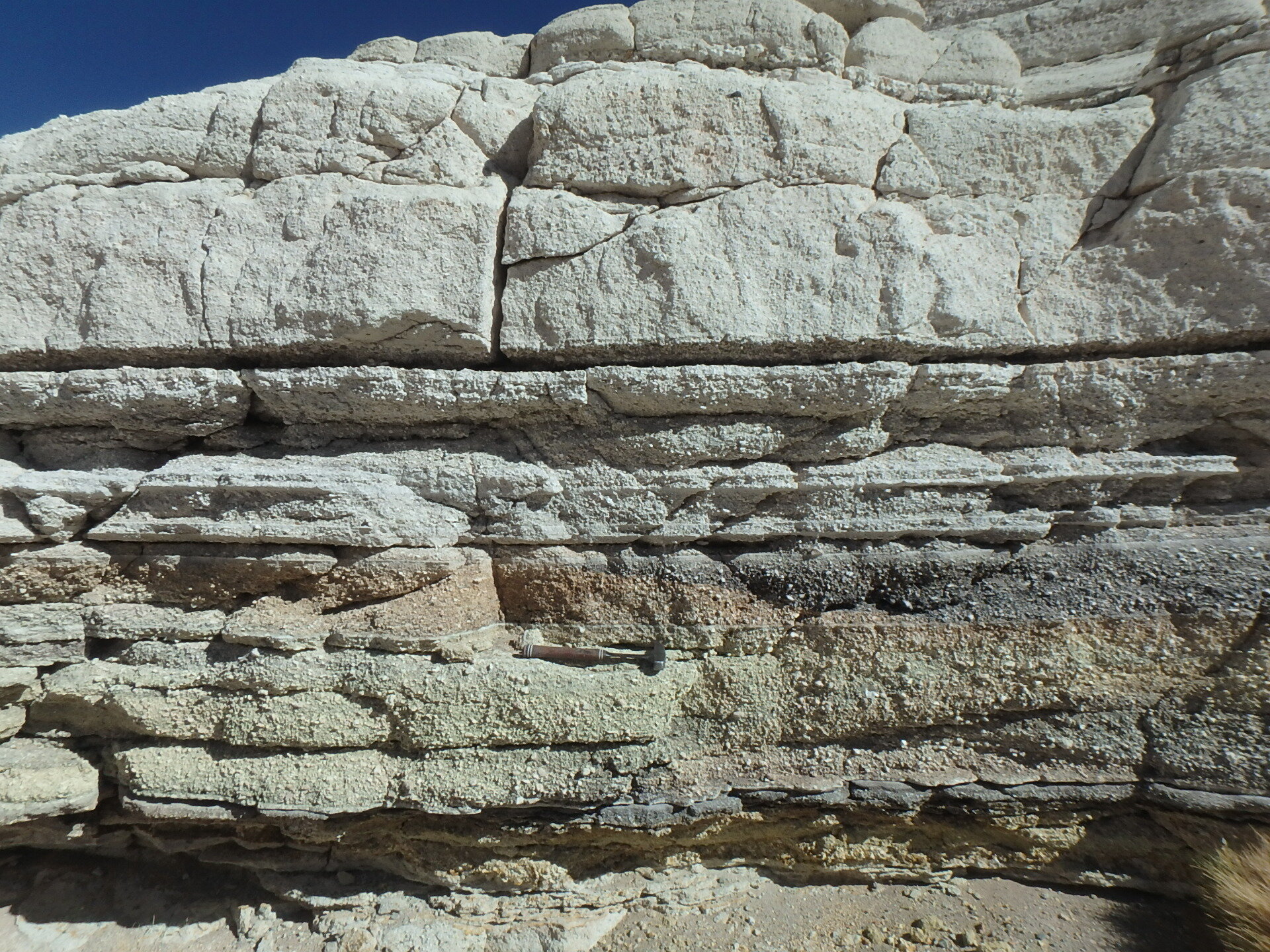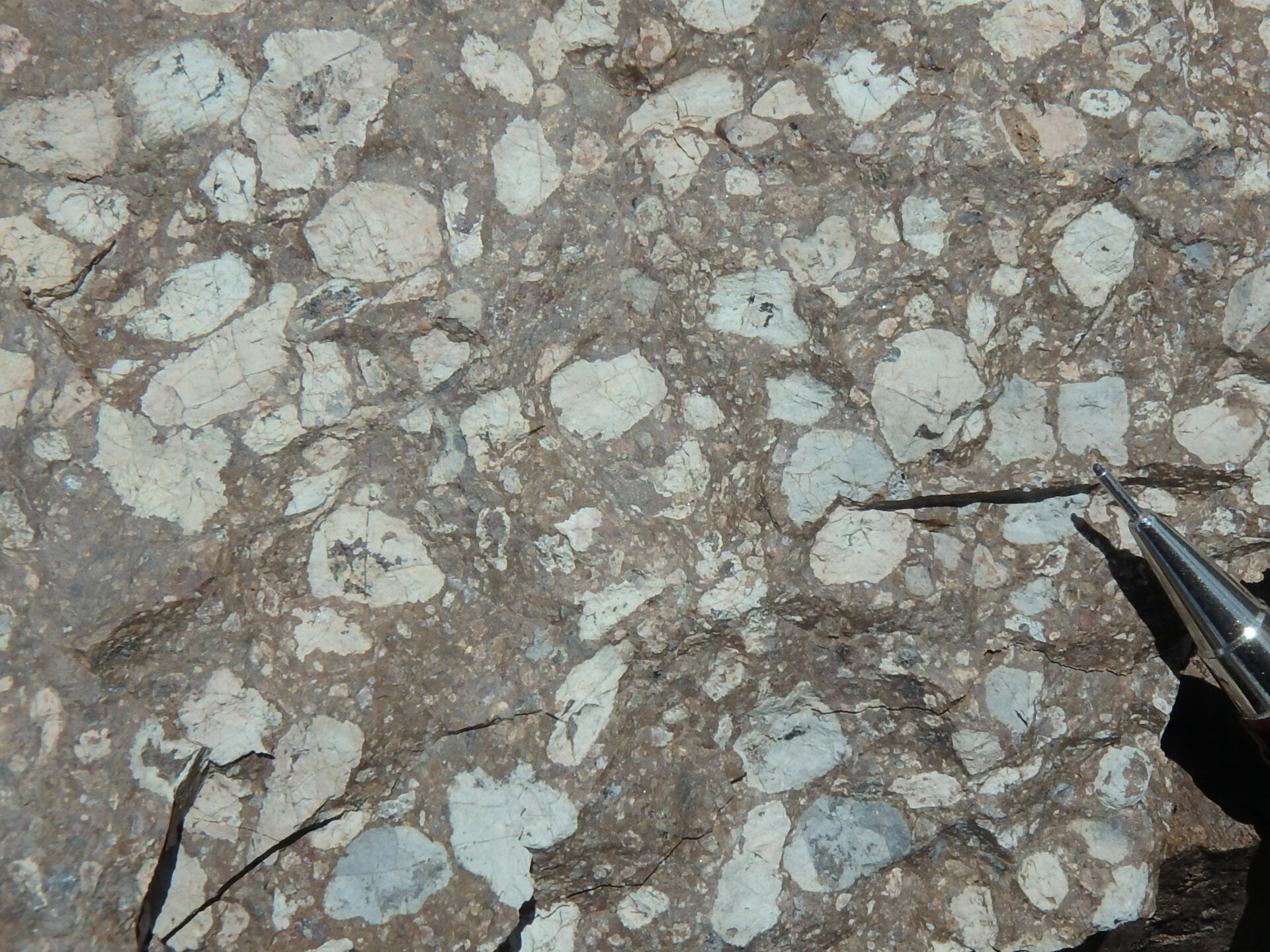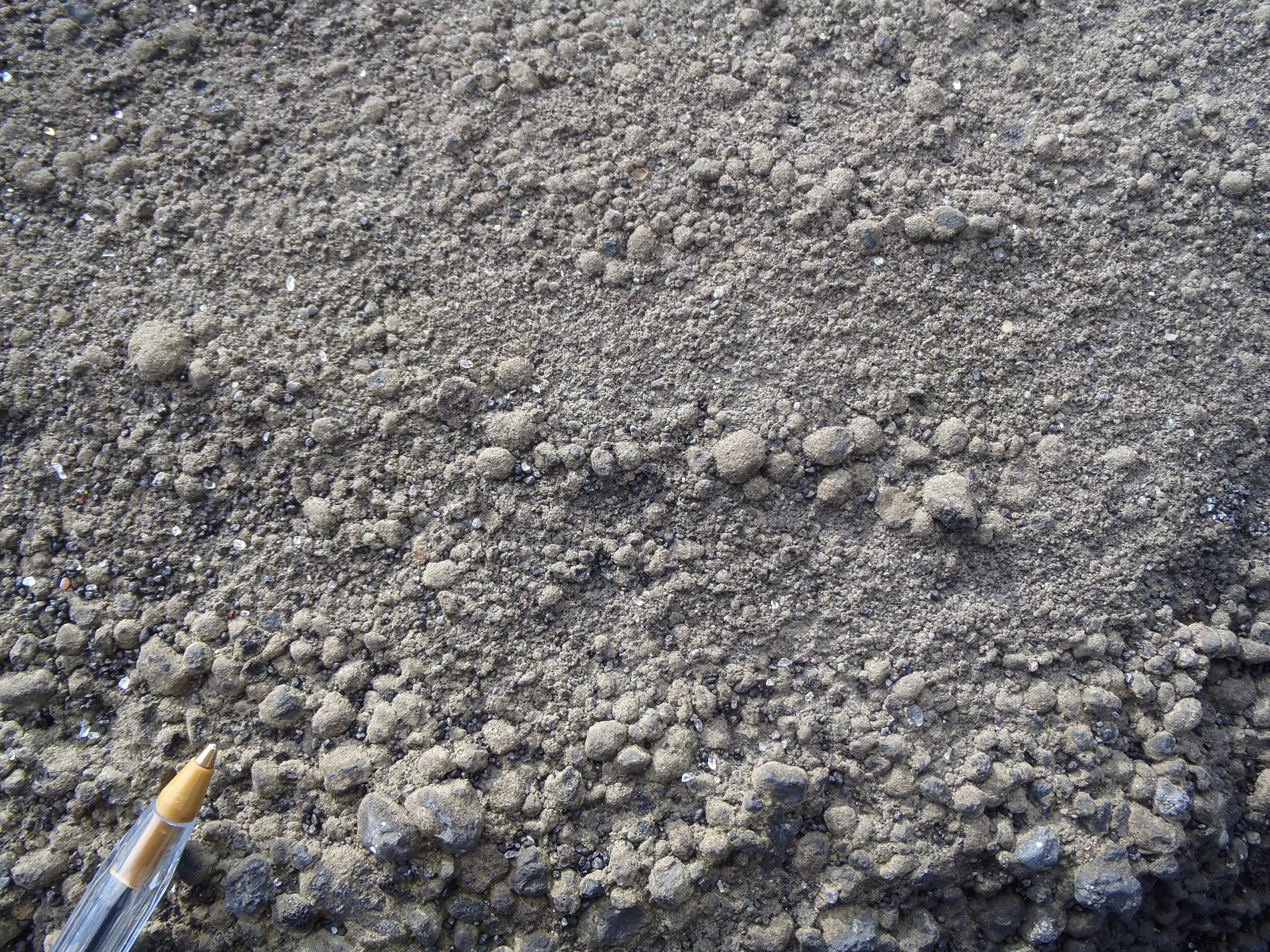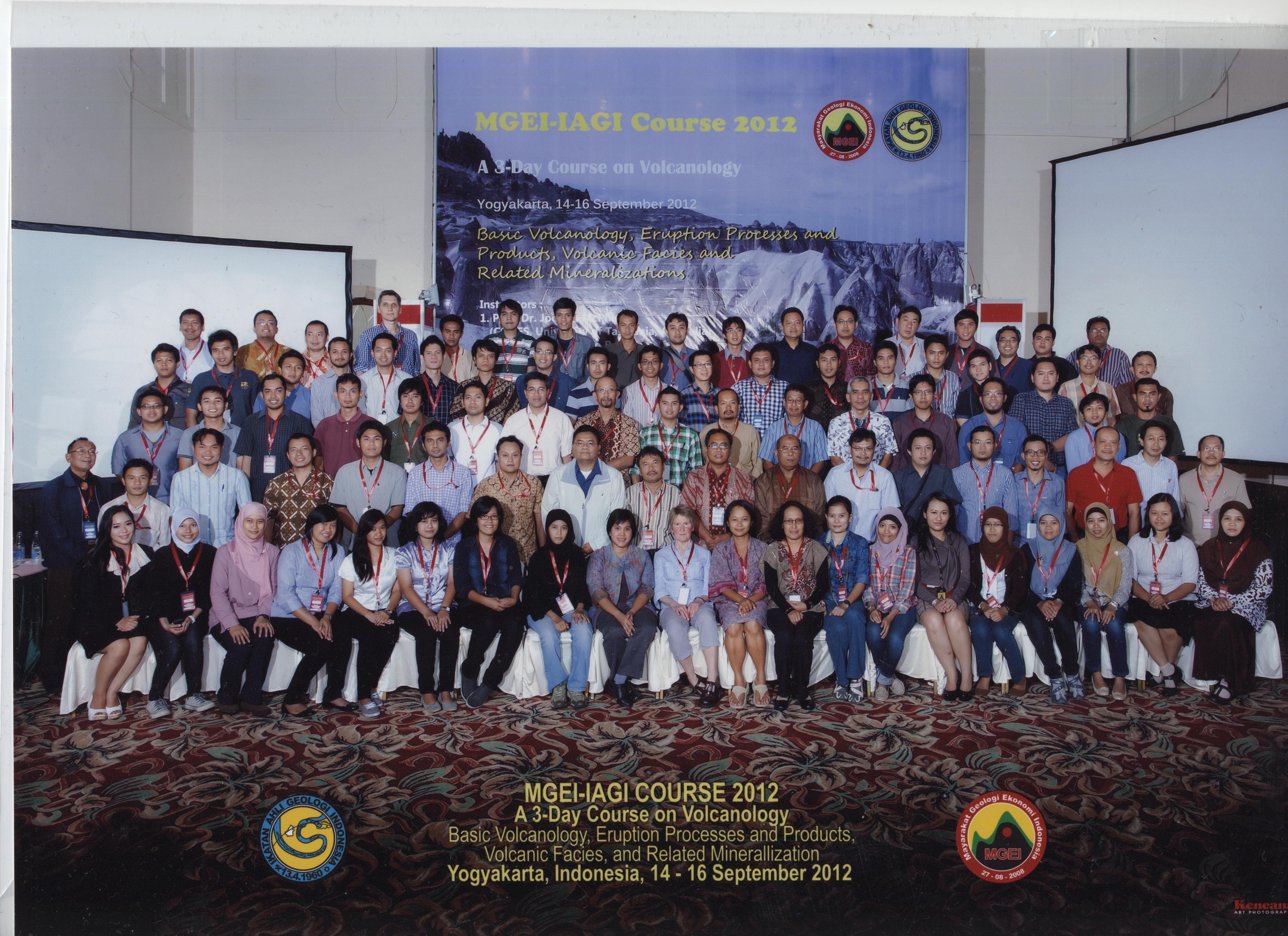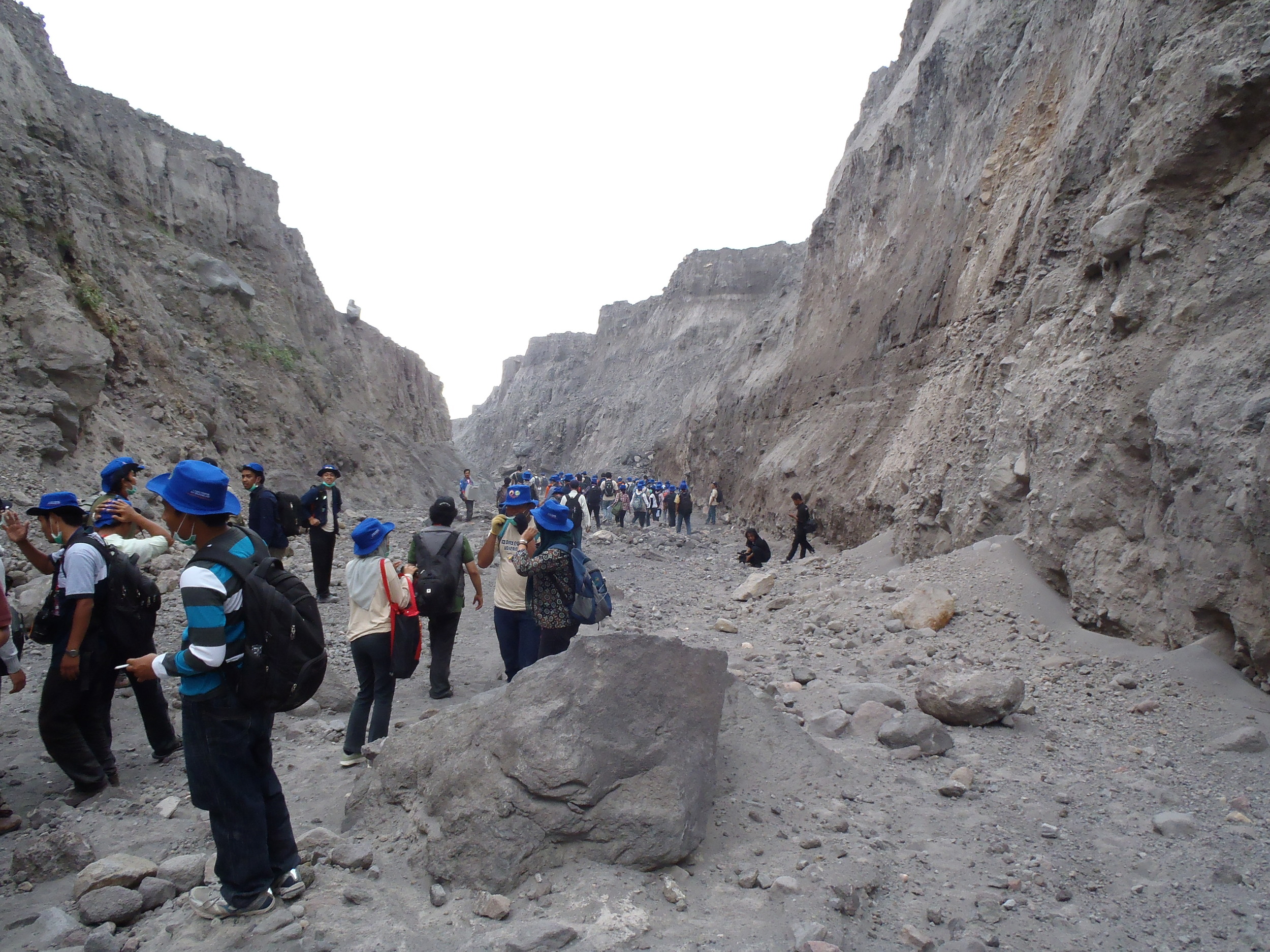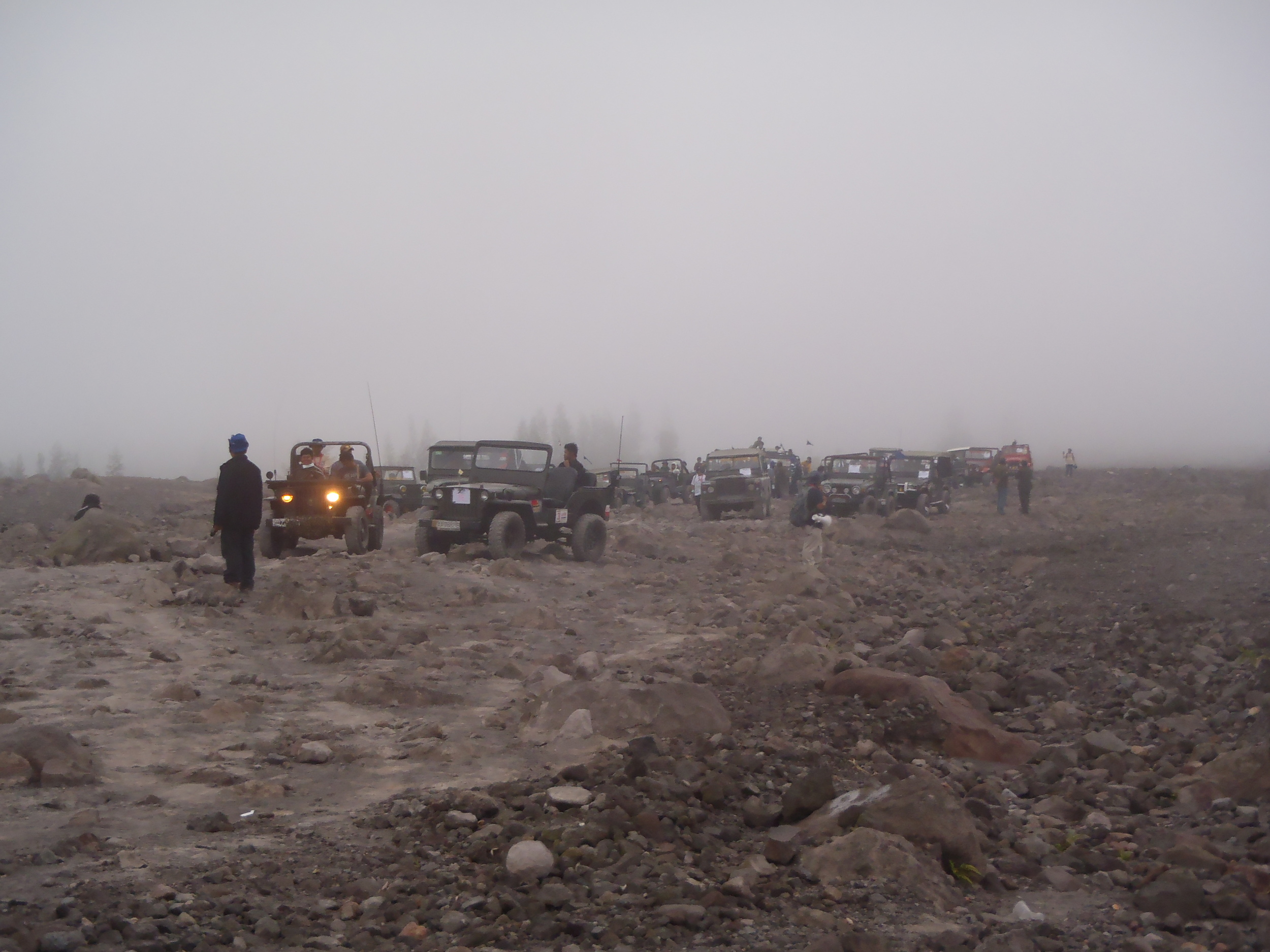Short courses in volcanology are designed for professional geologists exploring or conducting research in volcanic terrains, and other geologists with an interest in volcanology. Courses may be co-ordinated with conferences or else run independently and they may be field-based or lecture-theatre based.
Introduction to volcanology and volcanic rocks
The goal is to provide an understanding of how volcanoes work and what they produce, important processes operating in volcanic terrains, and how the characteristics of volcanic facies reflect their origins.
Topics include the physical properties of magmas, eruption styles on land and under water, products of eruptions, kinds of volcanoes, effects of hydrothermal alteration on volcanic rocks, breccias in mineralised volcanic environments, description of volcanic facies, graphic logging, and the interpretation of key volcanic textures and structures.
Customised short courses
Short courses may be tailored to specific needs and contexts such as a focus on volcanoes in particular settings (submarine versus subaerial), or particular kinds of volcanoes (e.g. calderas) or specific kinds of volcanic facies (e.g. ignimbrites).
Format
Short (1-4 days) lecture-based - Lectures and short practical exercises. Depending on the venue, it may be possible to include logging and/or short field traverses.
Long (7-10 days) field-based – Instruction in the field in a volcanic succession by day, evening lectures and follow-up tutorials.
Support Materials
Printed and/or electronic copies of lectures and practical exercises are supplied. A Certificate of Completion is provided for each participant.
Learning outcomes
Participants will develop an understanding of how volcanoes work and how magma composition influences volcanic eruptions and volcano type. They will acquire skills in the naming, description and logging of volcanic facies, and will develop an awareness of the key features used to interpret the origins of volcanic rocks. Courses with a significant practical component and field-based courses allow participants to develop substantial confidence in their skills.
